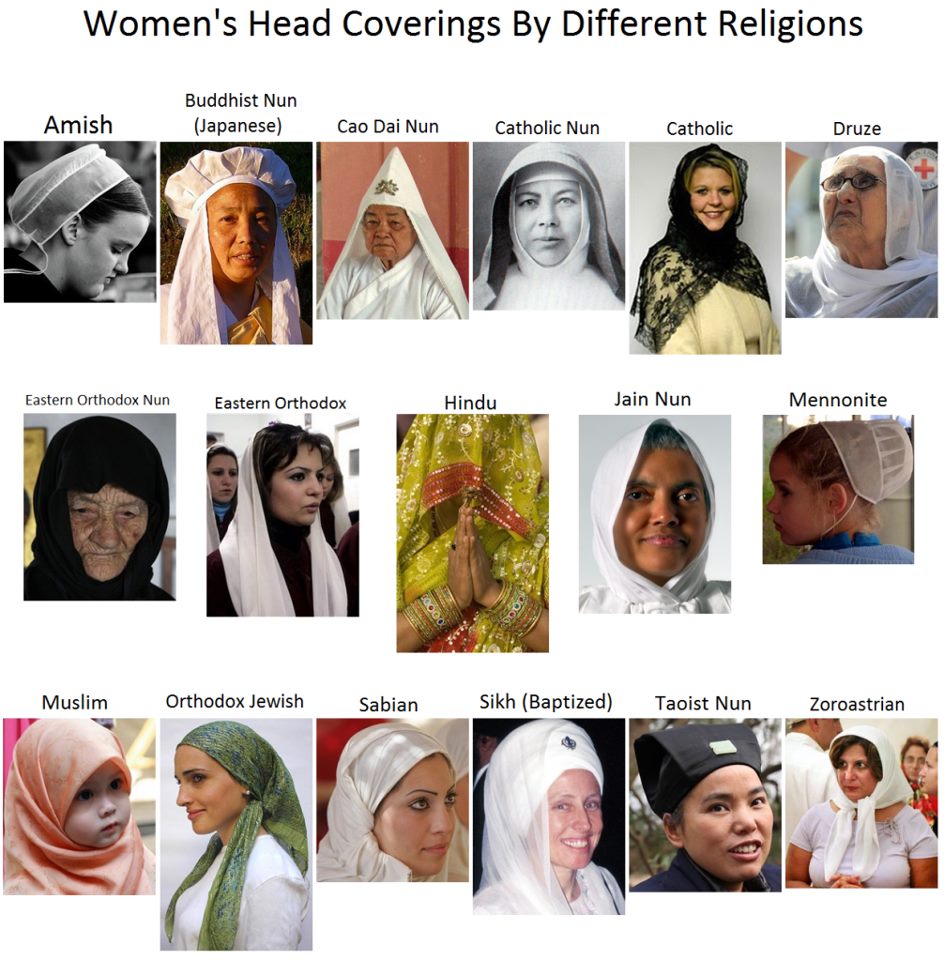Every day, as I force myself to get out of bed at 7 AM, I am reminded that I am not a morning person. I hurriedly put on whatever I can find and run out the door so I can make it on time for class. This particular morning was no different. I arrived ten minutes early, as per usual, and sat outside waiting for the TA to finish lecturing the other class. A tall girl was standing right in front of me, and I was mesmerized by her long and silky blonde hair as it was completely different from my own dark tresses.
“Oh my God, she totally does not know what she’s doing.”
I jerked my head up to focus my attention away from her hair and toward the person who appeared to be speaking to her.
“She’s so unhelpful. I can’t even understand a single word she says.”
I knew exactly who the stranger was talking about, and her words stung me. I was all too familiar with the hostility and condescension in her tone. Our TA is a timid and tiny woman from South Asia. Although we hail from different nations, I felt strangely protective toward her because we both were the only visible outsiders in a sea of pale faces. This is not a serious issue. I told myself, some people just don’t get along with everyone and that is ok.
Little did I know that the stranger’s unkind comments would set the tone for the rest of the morning. Every question my TA asked was answered with a heavy sigh. Several of my classmates appeared to be rolling their eyes in unison. A part of me wanted to get up and scream and tell them, this material is really not that hard if you concentrate...if you only listen to her, instead of disrespecting her. Can’t you see you’re making it worse for her by doing that? Can’t you see how she’s nervously shuffling back and forth, struggling to get the words out of her mouth?
Seeing her struggle to teach a class full of students who did not even believe she deserved respect broke my heart. It also reminded me of my own position in society as a woman of color. I knew my thoughts and opinions had little value to an audience that did not want to listen to me. There, in that tiny room, I too was unwanted, and my classmates made it abundantly clear to me.
“Hey guys, did you get $425 as the answer to question number 4?” I asked the walls. Their silence was deafening.
Minutes later, the blonde boy sitting next to me wheeled his chair over to another girl. “For number 4, was your answer $425 too?”
It was finally my turn to sit back in my chair, roll my eyes, and sigh.
Walking out of that room, I felt as if I had lost a battle I didn’t even choose to fight. There were so many things I could have said to my classmates, my TA, or even my professor…but I chose to stay silent because I did not want to make a scene. How many people of color make the same decision because we are afraid of making things worse? Is patience really the most effective way of dealing with bigotry? I do not know the answer to these questions. What I do know is that I needed to write this to clear my conscience, because I cannot afford another sleepless night this late into the semester.












